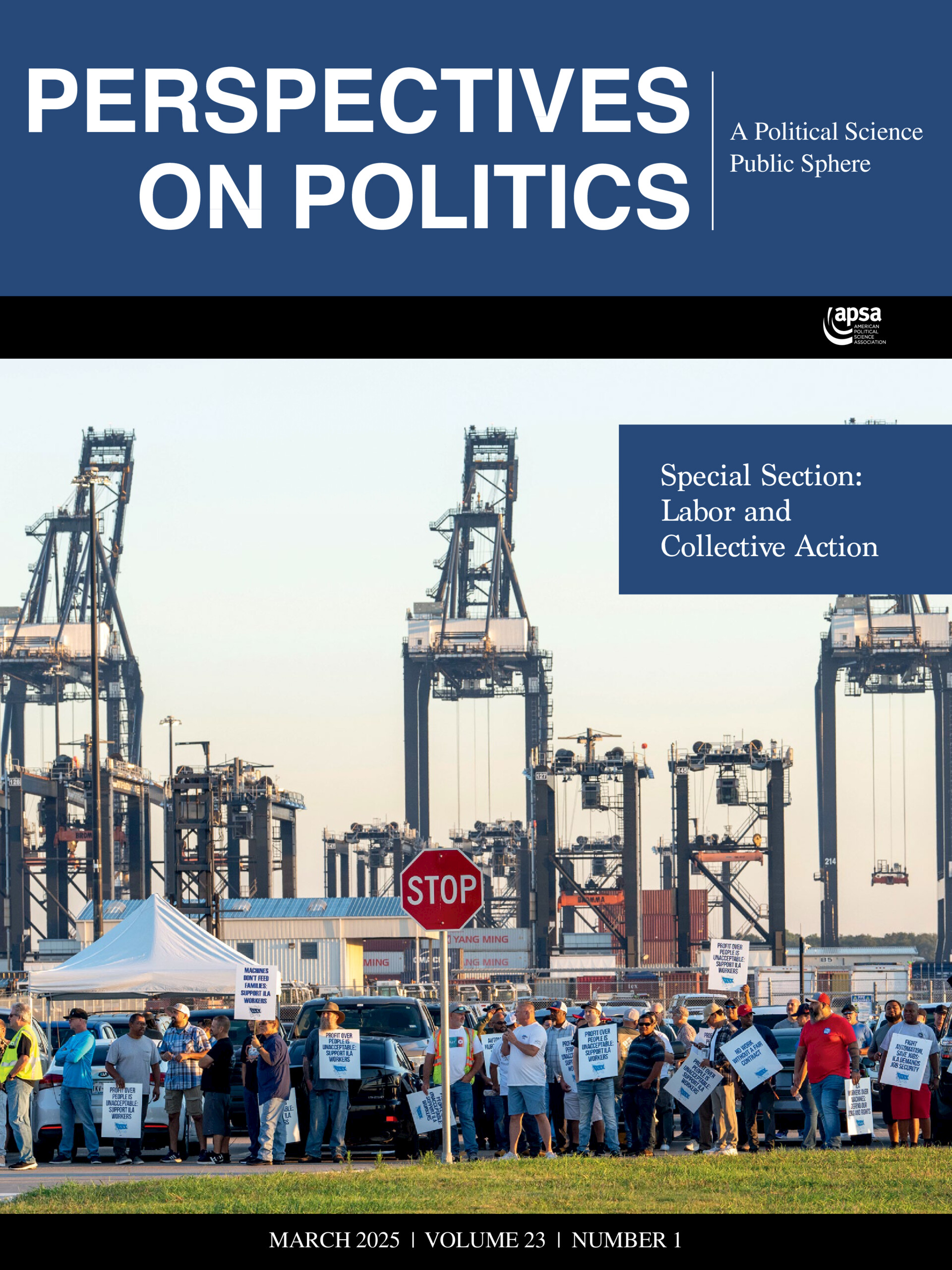
Exporting the Tools of Dictatorship: The Politics of China’s Technology Transfers
Date Published
Jan 21, 2025
Authors
Erin Baggott Carter, Brett L. Carter
Publisher
Cambridge University Press
Citation
Carter, E. B., & Carter, B. L. (2025). Exporting the Tools of Dictatorship: The Politics of China’s Technology Transfers. Perspectives on Politics, 1–20. doi:10.1017/S1537592724002226
Note: A version of this article was previously published as an AidData Working Paper.
Abstract
The Chinese government is revolutionizing digital surveillance at home and exporting these technologies abroad. Do these technology transfers help recipient governments expand digital surveillance, impose internet shutdowns, filter the internet, and target repression for online content? We focus on Huawei, the world’s largest telecommunications provider, which is partly state-owned and increasingly regarded as an instrument of its foreign policy. Using a global sample and an identification strategy based on generalized synthetic controls, we show that the effect of Huawei transfers depends on preexisting political institutions in recipient countries. In the world’s autocracies, Huawei technology facilitates digital repression. We find no effect in the world’s democracies, which are more likely to have laws that regulate digital privacy, institutions that punish government violations, and vibrant civil societies that step in when institutions come under strain. Most broadly, this article advances a large literature about the geopolitical implications of China’s rise.


